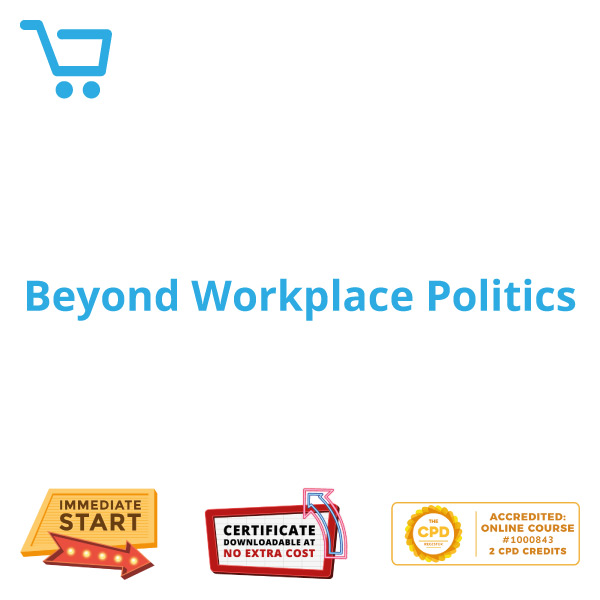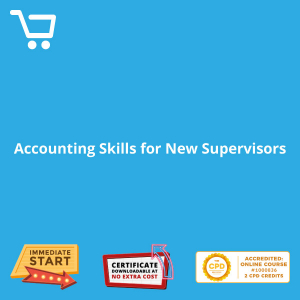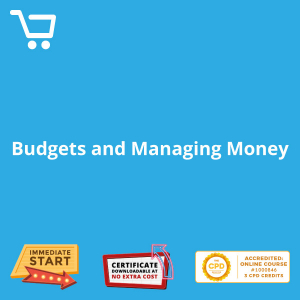Description
Workplace politics encompasses the power and authority processes and behaviours that are at work in a particular workplace. It is how the links between people in the workplace work. There are
workplace politics at play in every organization!
In 1990, two American psychologists (Dr. Jack Mayer and Dr. Peter Salovey) purported that if there was a cognitive intelligence or IQ then there must be an emotional intelligence (sometimes known as EQ). Daniel Goleman, the co-founder of the Collaborative for Academic, Social, and Emotional Learning (CASEL) theorized the social aspect of behaviour as a complement to the emotional. His definition expanded to: “Social and emotional intelligence involves understanding your feelings and behaviours, as well as those of others, and applying this knowledge to your interactions and relationships.” In his work with CASEL he developed five interrelated sets of Social and Emotional Competencies: Self-Awareness, Self-Management, Social Awareness, Good Relationship Skills, and Responsible Decision Making. This content will explore the social and emotional competencies and their role in working beyond workplace politics!
Learning Outcomes:
- Understand what Workplace Politics is and why it is not always bad.
- Distinguish between formal and informal workplace hierarchies.
- Use practical steps to negate the influence of rumours.
- Define Social and Emotional Intelligence and understand their importance in navigating workplace politics.
- Understand the importance of Self-Awareness in dealing with workplace politics and think about your own strengths and abilities.
- Understand the role of Self-Management in the workplace and learn to improve self-management through reflection
- Understand the roles of Empathy, Organizational and Service Awareness in the workplace and social awareness skill development.
- Identify good relationship skills.
- See the importance of responsible decision making and identify decision traps that should be avoided.









Reviews
There are no reviews yet.